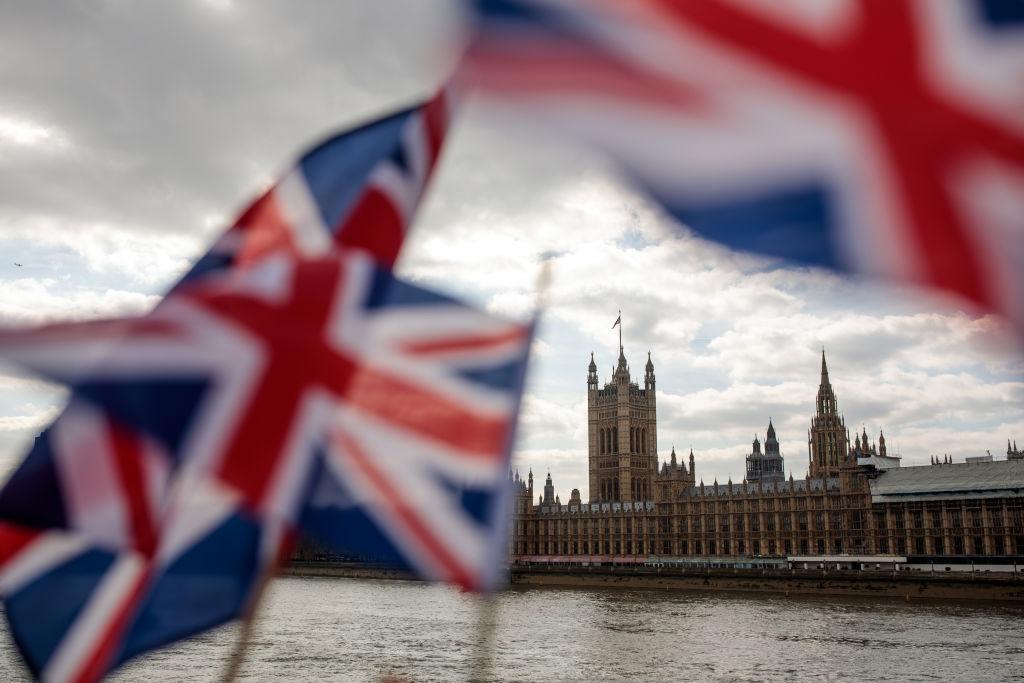Britain’s top Anglican bishops have warned that the government’s controversial Internal Market Bill will undermine the strength of the union.
In a rare joint letter published in the Financial Times, the top archbishops in England, Scotland, Wales, and Northern Ireland said the bill could damage the relationship between the UK’s four nations and undermine peace in Northern Ireland.





